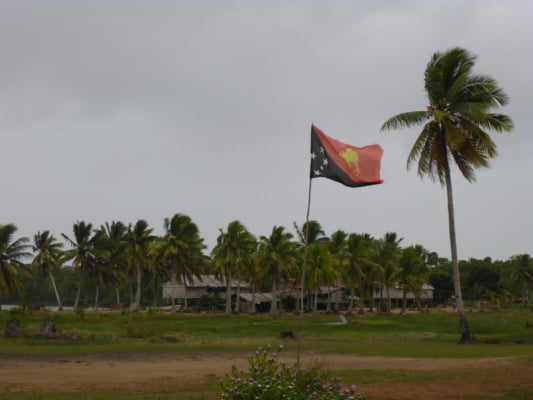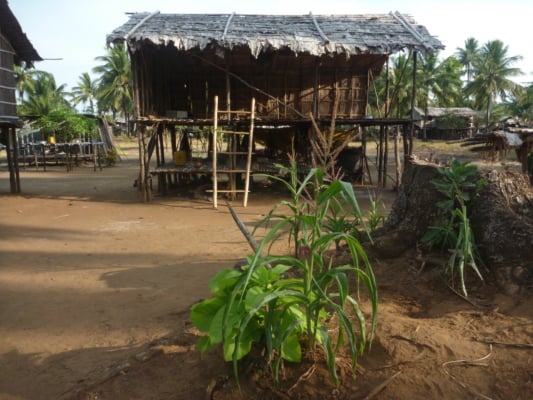Back in the 1980s, a character in the British political comedy series Yes Minister got a huge laugh when he said: ‘The Opposition aren’t really the opposition. They are only the Government In Exile. The Civil Service are the Opposition In Residence.’
A week is a long time in politics; thirty years, however, may be but the blink of an eye in political-administrative relations. A new report by the UK Public Accounts Committee notes ‘resistance’ to change among some civil servants. It highlights disagreement between ministers and senior civil servants over departmental autonomy which, it says, leads to confusion over who is responsible for which decisions, delaying cross-government initiatives.
Relations between senior administrators and politicians are likely to be even more important in developing countries. Generally weaker formal political institutions often place fewer constraints on the actions of all leaders, whether executive or administrative.
As Merilee Grindle and John Thomas point out, ‘where there is a formal civil service [in a developing country], it usually has power rivalling that of the political establishment.’
Yoweri Museveni highlighted this potentially troublesome relationship earlier this year, saying he intended to steer Uganda’s development through the private sector. The public sector, he complained, uses bureaucratic tendencies to frustrate development plans.
‘Bureaucrats’ seem to be almost universally perceived as obstructive: they may say ‘Yes, Minister’, but what they really mean is ‘No’. Yet, as Andy Ratcliffe suggests in relation to leadership of the ebola response, such perceptions can divert attention from the value of administrative roles.
Perhaps bureaucrats’ bad press helps to explain why the interaction between ministers and senior civil servants has received little focus in development research. My DLP paper, The Politics-Bureaucracy Interface: Impact on Development Reform, surveys the literature to examine what we know so far about these dynamics.
It finds that political-bureaucratic interaction can be very important in promoting development, as well as hindering it.
Take the case of Singapore, where the positive and close working relationship between political and bureaucratic leaders was central to the country’s transformation. Civil servants and politicians shared development-focused values and objectives – something that the political leaders actively fostered.
At the same time, a key factor in Singapore’s development success was that the bureaucracy was given the autonomy to design, implement, and adapt economic policies. This was, in part, possible because of a largely meritocratic bureaucracy that recruited the country’s best graduates.
The extent to which recruitment and promotion in the civil service is based on merit is one of many contextual factors that shape the interaction between political and administrative leaders.
Yet, while it isn’t possible to replicate Singapore’s model in Uganda, similarities across different contexts suggest characteristics of the sort of political-administrative interaction that supports development reforms.
Recent reform successes have often involved small teams made up of political and bureaucratic leaders committed to reform, who developed networks across government and internationally. Close working relationships and shared pro-development values and goals in such core groups are important, and may be bolstered by informal ties.
Other common features of effective interaction are bureaucrats who have more influence in designing policy than is usually the case, and strong political leadership that has a strategy to deal with opposition.
Above all, to support reform processes in developing countries, we need a better understanding of how politicians and bureaucrats engage with one another, and of the structural constraints and opportunities that affect this engagement.
We tend to talk about ‘the state’ as a single actor with a single set of interests and preferences. But this ignores internal state dynamics, particularly the interaction between political and administrative leaders. These internal dynamics often determine not only how change happens, but whether it happens at all.
This is an area that DLP research will examine closely over the coming months.










